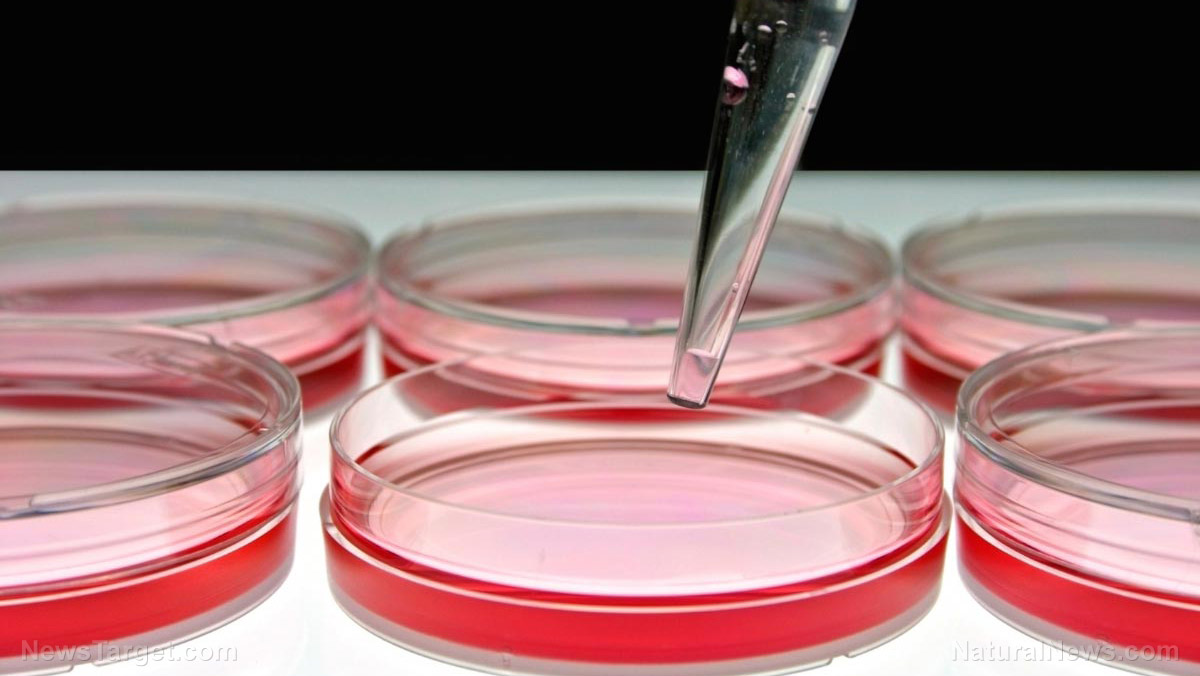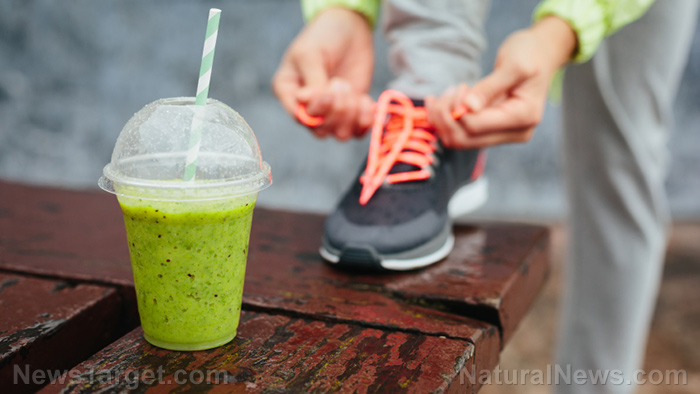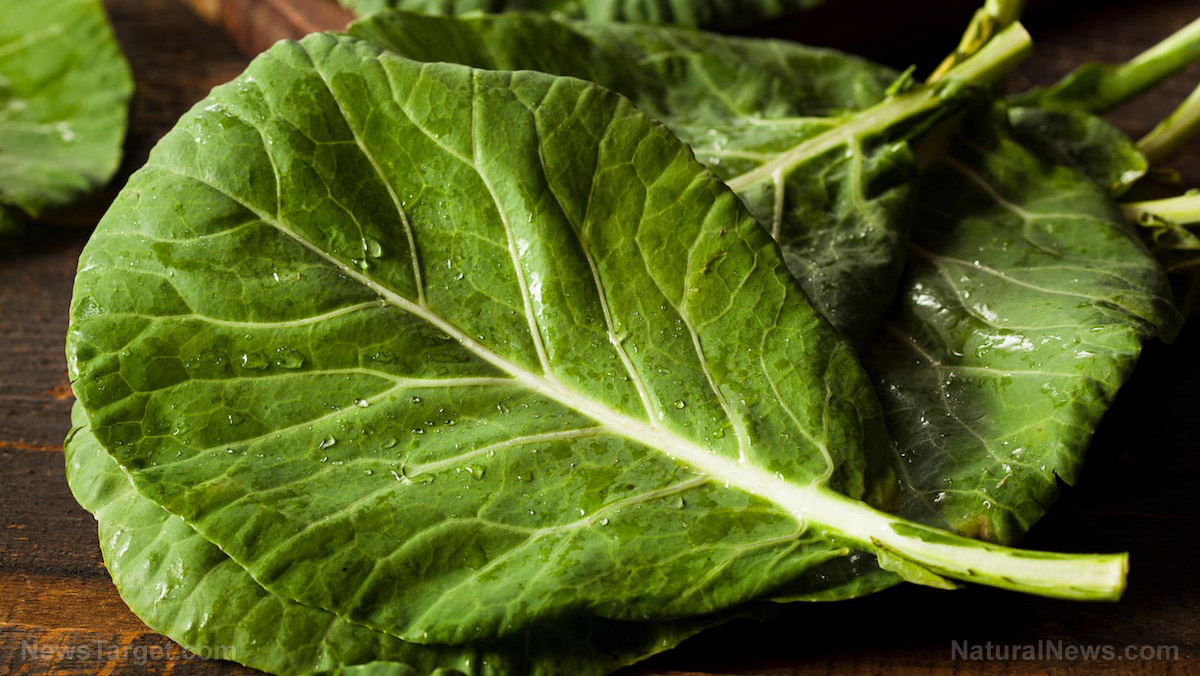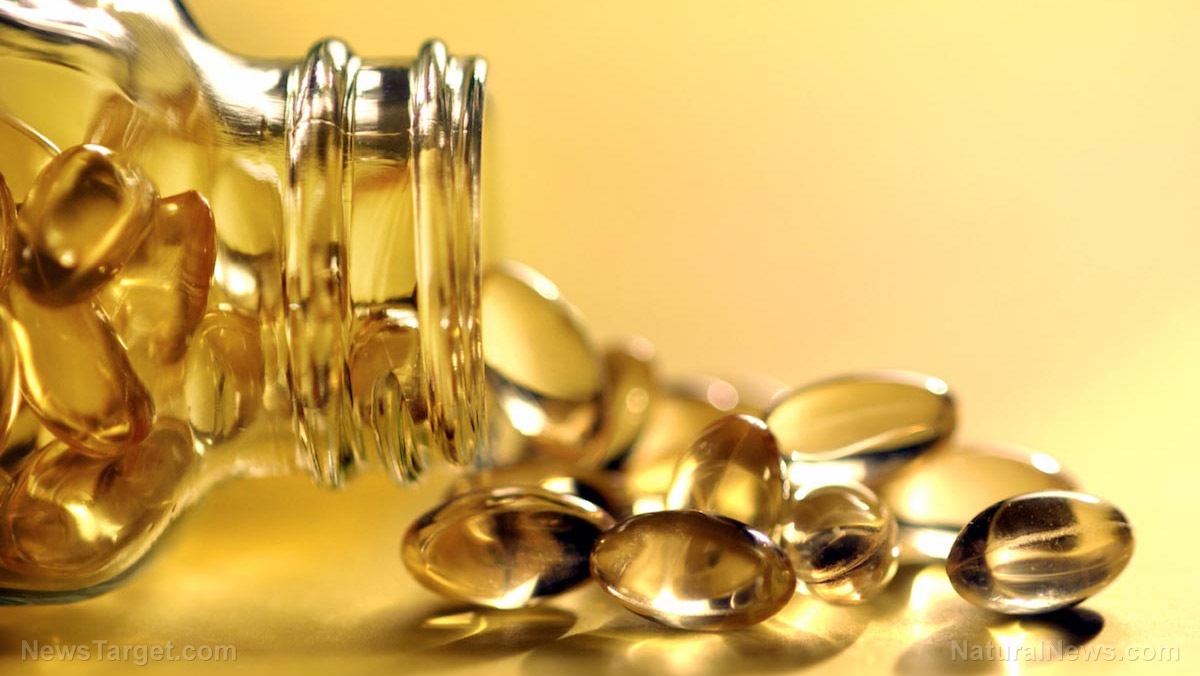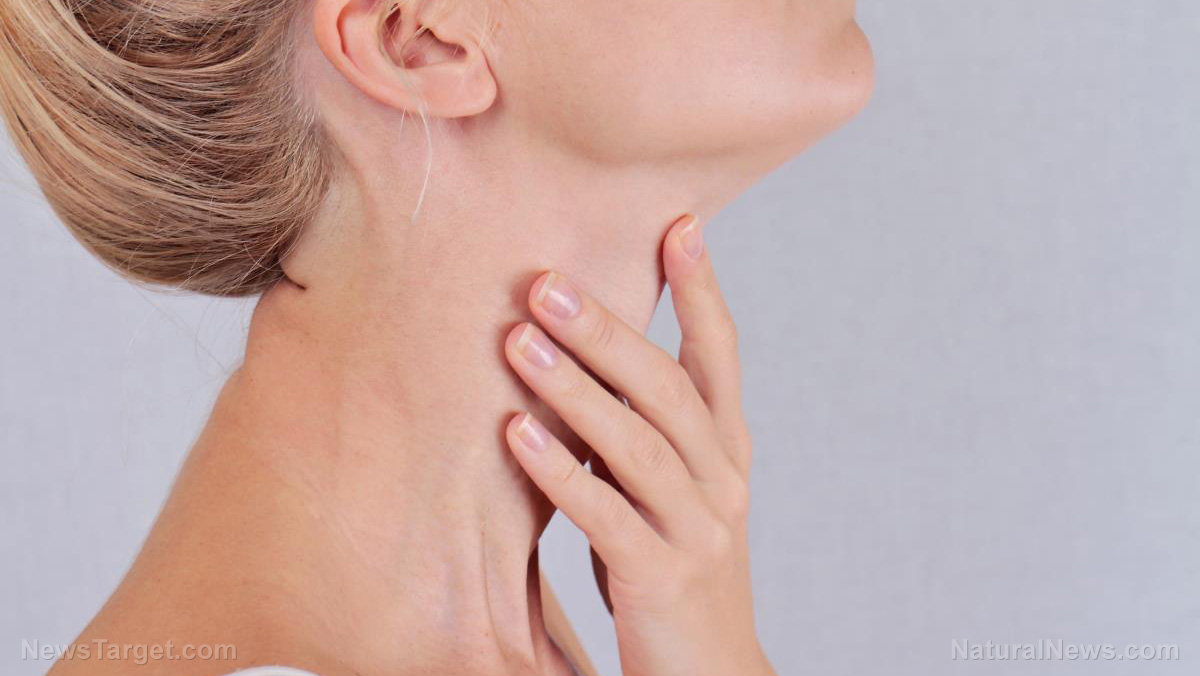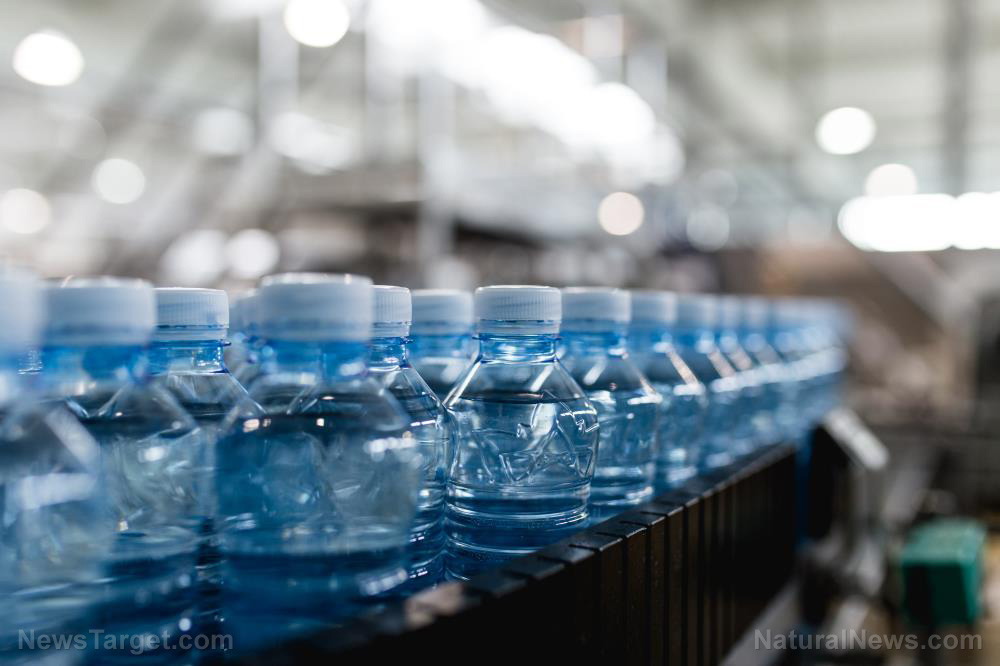You’re more at risk of a muscle injury if you lack vitamin D, according to a new study
09/09/2018 / By Ralph Flores

In recent years, a lot of studies have been done on the health benefits of vitamin D. It has brought about interesting results: for one, it’s linked to a healthy immune system; faster healing of wounds; and even stronger bones. However, it’s also revealed how much we’re lacking the sunshine vitamin: Research has shown that as much as 40 percent of adults in the U.S. are vitamin D deficient. This puts them at risk of developing chronic conditions such as cancer, dementia, multiple sclerosis, and other diseases.
But it’s not just average joes that are at risk from vitamin D deficiency – a team from Hospital for Special Surgery (HSS) found inadequate levels of vitamin D increases the risk of muscle injury in athletes, as well as a condition called “sports hernia.”
“Vitamin D has been shown to play a role in muscle function and strength,” explained Dr. Scott Rodeo, the study’s senior investigator and chief of the Sports Medicine and Shoulder Service at HSS. “While most prior studies have focused on the aging population as the group most likely to experience the harmful effects of inadequate vitamin D, few reports have looked at the impact on muscle injury and function in the high-performance athlete.”
The study, which involved 214 college football athletes participating in the NFL Combine, looked at how a deficit of vitamin D can affect the participants in terms of muscle strains in the legs and core muscle injuries – commonly known as sports hernia. Researchers collected baseline data, including body mass index (BMI) and injury history, and checked if the athlete missed any games because of a core muscle injury or extreme muscle strain in the lower extremities. They found that at least 60 percent of players were vitamin D deficient, with levels below 20 nanograms per milliliter (ng/mL) of the vitamin. Of these athletes, at least 22 individuals have exhibited signs of severe deficiency.
Mother Nature's micronutrient secret: Organic Broccoli Sprout Capsules now available, delivering 280mg of high-density nutrition, including the extraordinary "sulforaphane" and "glucosinolate" nutrients found only in cruciferous healing foods. Every lot laboratory tested. See availability here.
Researchers found a distinct correlation between those with low vitamin D and the increased prevalence of core muscle injury and lower extremity muscle strain. At least 14 athletes reported missing a game, with 86 percent of these players have inadequate vitamin D levels.
“Awareness of the potential for vitamin D inadequacy could lead to early recognition of the problem in certain athletes,” Rodeo adds. “This could allow for supplementation to bring levels up to normal and potentially prevent future injury.” (Related: Increasing evidence proves the undeniable therapeutic benefits of vitamin D.)
It’s not just athletes that need vitamin D
While the study focused on college football players, Rodeo noted that the significance of the findings also impact the general population as well, since vitamin D is essential for building musculoskeletal structure, function, and strength, regardless of age or level of physical activity.
Of course, people looking to get their daily recommended intake of vitamin D don’t need to go very far: Exposing bare skin to sunlight remains to be one of the most natural and effective ways to get vitamin D. How much vitamin D is absorbed by the skin, however, relies heavily on your location, the time of day, and the color of the skin – in particular:
- The time of day – Exposure during the midday is one of the best ways for the skin to produce more vitamin D.
- Where you live – People who live closer to the equator have an easier time producing vitamin D than those living in temperate regions.
- The color of the skin – Pale skin absorbs vitamin D more quickly than dark skin.
There are food items that contain vitamin D, but these are in small amounts and are unlikely to provide the vitamin D intake needed in a day. Some foods include:
- Fatty fish
- Beef liver
- Egg yolk
- Fortified milk and cereal
- Orange juice
Learn more about the other health benefits of the sunshine vitamin at VitaminD.news.
Sources include:
Tagged Under: atheletes, Athletes, bone health, college football, core muscles, fitness, football, immune system, injury prevention, muscle injury, muscle strain, muscles, nutrients, nutrition, prevention, sports, sports hernia, sunlight, supplements, vitamin D, vitamin D benefits, vitamin D deficiency


